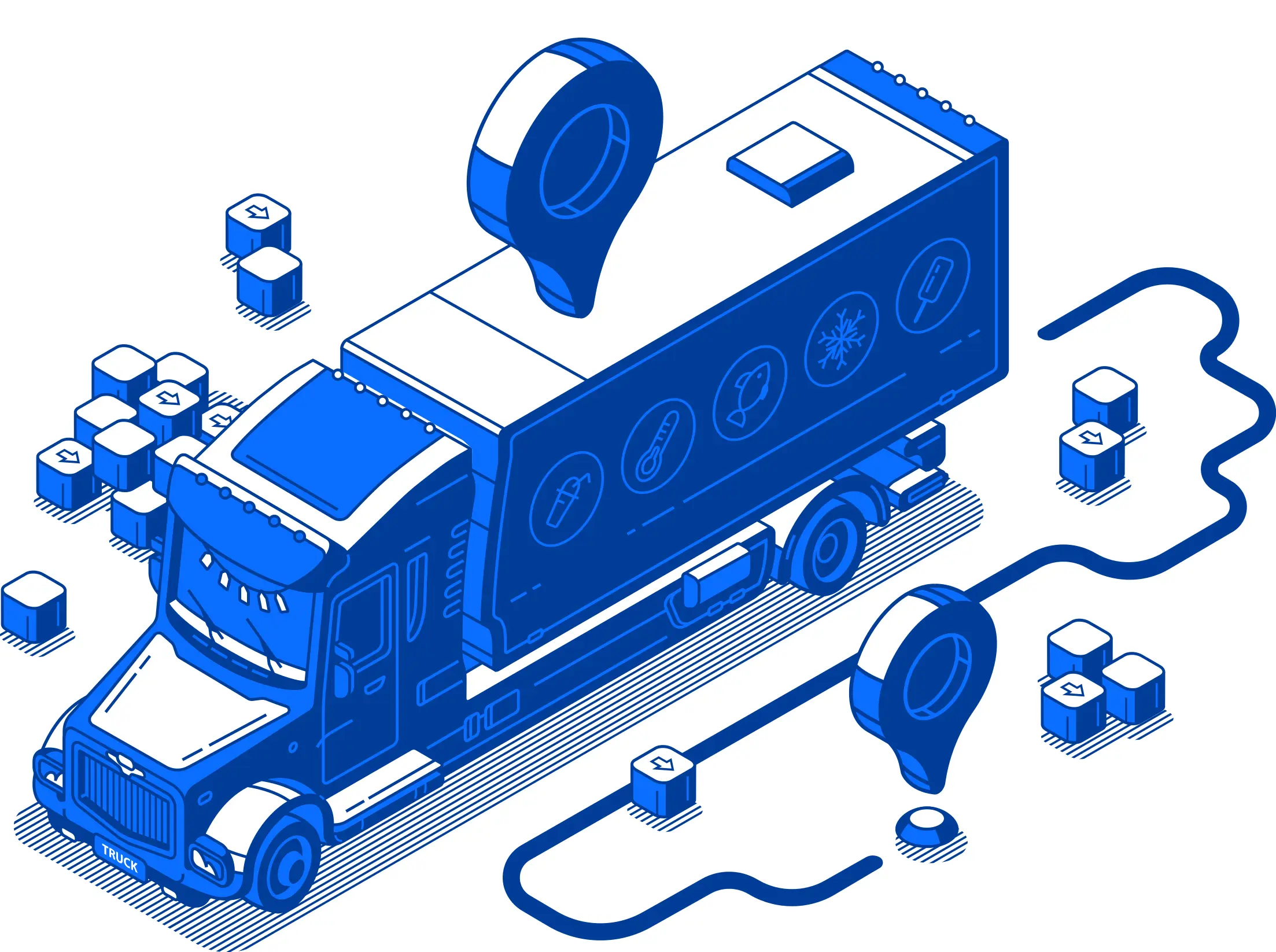A trucking company faces numerous problems each year that can impact revenues. First, you have the cost of fuel, increased competition, and truck maintenance costs. Salary and insurance premium increases also add to the issues a trucking company owner faces, and it’s why it’s so important to manage risks and liabilities.
In 2022, the American Transportation Research Institute reported that the operating costs for trucking companies exceeded $2. It was the first time in history that it’s gone that high. If you’re not using freight factoring and insurance for risk and liability management, you’re making a big mistake.
Every Trucking Company Needs Insurance
When it comes to risks and liabilities, insurance is essential. If you don’t have insurance, you aren’t protecting yourself. You may never need it, but more importantly, it’s there if you do need it. That peace of mind makes it easier to run your business without experiencing daily stress and uncertainty.
In the U.S., the Interstate Commerce Act of 1906 (The Carmack Amendment) is a federal law that states carriers are liable for the total actual damage or loss to the items they’re hauling. When items are in your possession, they’re your responsibility. If something happens, you have to pay for the replacement or loss.
Carrier liability, aka cargo insurance, is a form of insurance that covers a shipment you’re hauling that is damaged. If something does happen due to weather, accident, or something else, carrier liability covers the cost of the goods and the replacement. Carrier liability limits don’t always cover the entire cost of the shipment. Freight liability may be a good additional insurance coverage to have for extra protection.
Federal law requires trucking companies to provide limited liability insurance for less-than-truckload (LTL), partial, and full truckloads. This isn’t an option. You need to provide this insurance. Freight insurance is optional, but it’s highly recommended for your peace of mind and to ensure you can pay for any damages that occur.
With freight insurance, there is usually a “basic” insurance and an “all-risk” insurance. All-risk insurance offers higher coverage amounts and a wider range of issues, such as natural disasters, fire, and theft.
You also need to insure your trucks and drivers. If your driver is on the road and falls asleep, you need to have insurance to pay for damages to your truck, personal property, and other vehicles. Commercial truck insurance is required by law. You might want to add customized coverage riders like these:
- Heavy truck roadside assistance
- Non-trucking and broker’s liability
- Rental reimbursement to cover a truck that’s out of service
- Trailer interchange insurance
What if you decide to save money? It’s a risk you take. First, you’ll be breaking the law, which puts your business at risk. Second, if a broker or shipper asks for proof of insurance and you don’t have it, you risk losing clients and destroying your business’s reputation. Is saving money worth your reputation?
The Benefits of Freight Factoring
A bigger issue with running a trucking company involves clients who don’t pay. You completed a delivery as promised, but the broker or shipper hasn’t paid. The invoice is over a month late now, and you really need the money ASAP. You have drivers, creditors, and yourself to pay, but it’s hard to do that when money isn’t coming in.
When you get clients who pay on time, every time, it’s amazing. When you try to grow your business by taking on new clients, that one who never pays can drag you down. Late fees add up and are quickly deducted from your revenues. You can’t grow without trusting new clientele, but you can’t grow if they don’t pay you either.
Have you looked at freight factoring as a solution? It’s the ideal way to ensure you get paid quickly and have the money you need to grow your business. Take a closer look at how invoicing and payments change after you sign up with a freight factoring company.
You Negotiate the Rate and Complete the Job
You have a new client and negotiate the contracted rate. You schedule the delivery and make the run. Once the load has been delivered, you invoice the client and wait for payment.
It’s a Waiting Game
Now that you’ve invoiced the client, you have to wait for payment to arrive. In the meantime, you keep working for other clients and repeat the process. Soon, you have several outstanding invoices and have to wait for money to come in. Until it does, you have to take from savings to cover expenses, and you’re hoping that you get paid before your savings run dry.
What If You Use Freight Factoring
That’s before you arrange freight factoring. With a freight factoring agreement, you complete the job and use your phone to send a copy of the bill of lading to the factor and request same-day or fast payment. The factoring company approves your request and pays you. Payments can arrive as quickly as the same day, which means you no longer wait weeks or months for payment. At most, it takes a few business days.
You pay a fee for this service. It’s usually no more than 5% and can be much lower if you have several trucks in your fleet. With a freight factoring arrangement, you should get extra perks. Free business credit checks are one of them. This makes it easy for you to run a credit check on a new-to-you company before you agree to transport their goods. You’ll know if they have a history of paying late or always paying on time.
If there is a find load option, it enables you to scour job boards looking for more work or higher-paying jobs. You could also use it to fill trucks when your client only has a partial load heading to another state or city.
Do you have a gas card? Get same-day payments directly to a gas card and save money on every fill-up. Saving a few cents on every gallon you purchase adds up quickly.
Another beneficial service offered by a freight factoring company is a business line of credit. With a line of credit, you have a back-up option to cover emergency expenses like truck repairs. Borrow only what you need and pay it back in installments. The higher your credit rating, the better the interest rate. Plus, a loan helps you prove you pay back loans on time, and that boosts your credit rating.
Talk to Saint John Capital to Learn More
All of these services are available from freight factoring experts at Saint John Capital. Talk to us about freight factoring, low-interest business lines of credit, business debit cards, and find load options.











